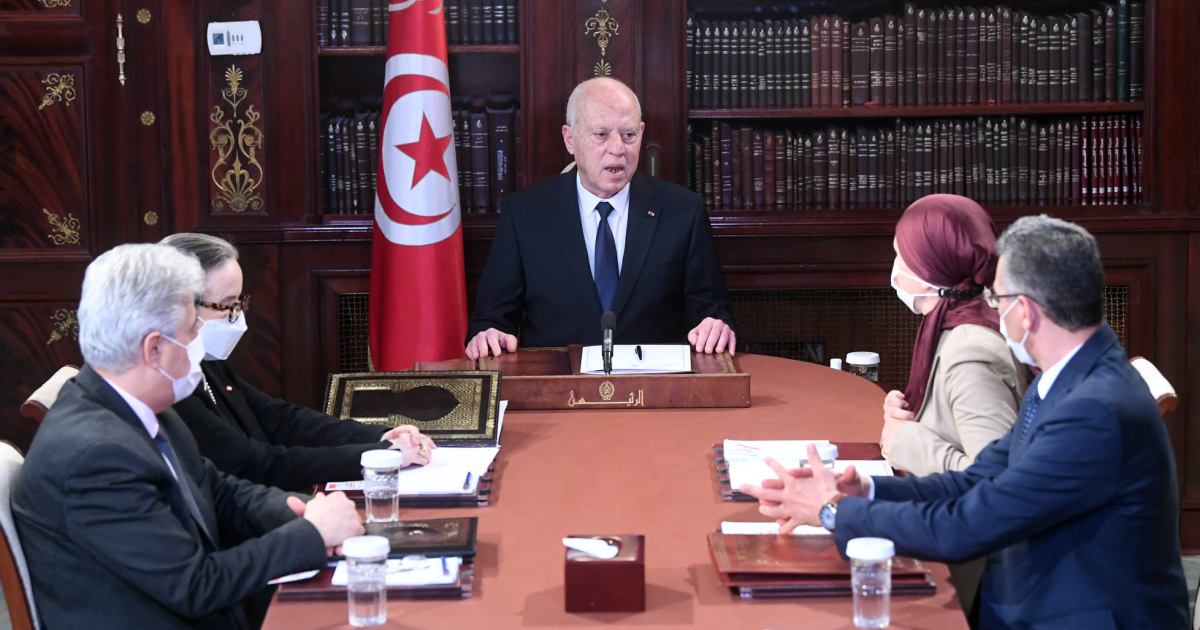In an article published by Bloomberg, a writer said that Western powers should take a firm stand against Tunisian President Kais Saied's decision to dissolve parliament, noting that the latter was terrified of the parliament's suspended vote in favor of canceling its exceptional presidential decisions.
And writer Bobby Ghosh said that President Said, after destroying Tunisia's democracy, "was terrified when its ghost threatened to sneak out of the grave."
He said that the parliament's vote to cancel the president's extraordinary decisions was a serious challenge to the point of frightening him and made him hasten the decision to dissolve parliament.
Saeed announced last Wednesday evening the dissolution of Parliament, which has been frozen for more than 8 months, based on Chapter 72 of the Constitution, and justified this by preserving the state and its institutions, accusing the deputies who met to cancel the exceptional measures of conspiring against the state and carrying out a coup attempt.
His decision came after a meeting of parliament members held remotely, in which they voted by 116 of the total of 217 deputies in favor of canceling the exceptional presidential decrees that grant the president almost absolute powers, foremost of which is the presidential order 117.
The writer Bobby Ghosh stressed that President Said's dissolution of parliament and his "authoritarian" approach should not go unanswered.
Gosh called on US President Joe Biden's administration and its European allies - who he said were "unfortunately very tepid" in their response to Said's tyranny, as he described it - to take a more assertive position in demanding the immediate restoration of Parliament.
The writer urged the United States and Europe to use aid and commercial transactions to pressure the Tunisian president to restore parliament and abandon that approach.

